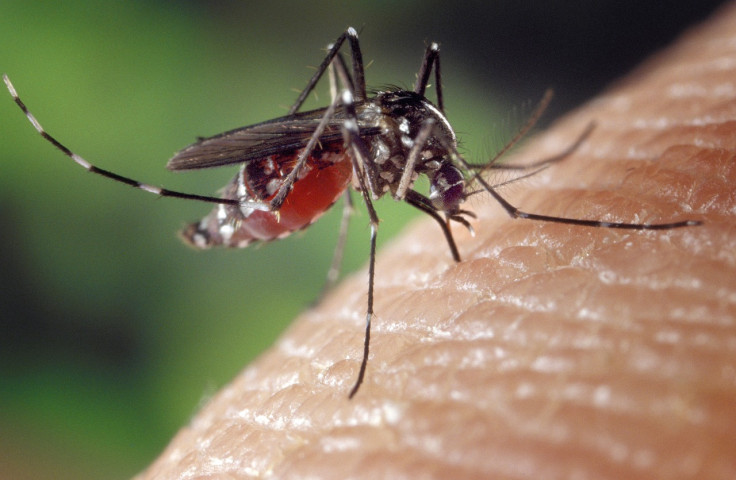Dengue Outbreak In Jamaica: Know Symptoms, Steps To Prevent The Mosquito-Borne Illness

A dengue outbreak has been declared in Jamaica after 565 "suspected, presumed and confirmed" cases were reported in the country.
The Caribbean nation witnessed an increasing number of cases in the last few months and crossed the epidemic threshold in July.
"As of Friday, September 22, 2023, the country had recorded 565 suspected, presumed, and confirmed cases of dengue. Of that number, 78 cases had been confirmed with the majority of the cases seen in Kingston and St. Andrew, St. Catherine, and St. Thomas. The dominant strain is dengue type 2, which last predominated in 2010," Jamaica's Ministry of Health and Wellness said in a news release.
Although there are no confirmed dengue-related deaths in the country so far, six deaths are being investigated, health officials said.
What is dengue?
Dengue is a mosquito-borne viral infection that causes fever and flu-like symptoms in mild cases and life-threatening complications when the infection becomes severe. It is most common in areas like Southeast Asia, the western Pacific islands, Latin America and Africa.
According to the Centers for Disease Control and Prevention (CDC), there are more than 400 million reported cases of infection every year, and around 40,000 people die from severe dengue.
Symptoms of dengue
- Headache
- Muscular pain
- Nausea and vomiting
- Pain behind the eyes
- Enlarged glands
- Rash
The symptoms of mild dengue are similar to those of other infections such as flu. The symptoms appear within four to 10 days after an infected mosquito bites a person.
Most people recover within a week of the infection. However, if the dengue becomes severe, it can lead to a life-threatening condition called dengue hemorrhagic fever or dengue shock syndrome that causes blood vessel damage, internal bleeding and organ failure. Severe stomach pain and vomiting, bleeding from gums, blood in urine and stool, rapid breathing and fatigue are some of the warning signs of severe dengue. Previous infection with dengue increases the risk.
Prevention
- Vaccine - Taking a vaccine against dengue is recommended for people living in areas prone to the viral infection. However, the vaccine is approved for use only for those who have already had a previous infection of dengue.
- Prevent mosquito bites - Use of mosquito repellents, wearing protective clothes and staying in houses with mosquito screens can reduce exposure to mosquitos.



























